Sensoria, a radical arts access collective, hosted its first event in partnership with East London Dance, Sensoria: Our House from 22-24 March.
The three-day event offered a rich programme that reflects Sensoria’s core values, including panel discussions, workshops, and a sensory café.
The event is a testament to Sensoria’s commitment to building radical accessibility and infrastructures of care within art spaces.
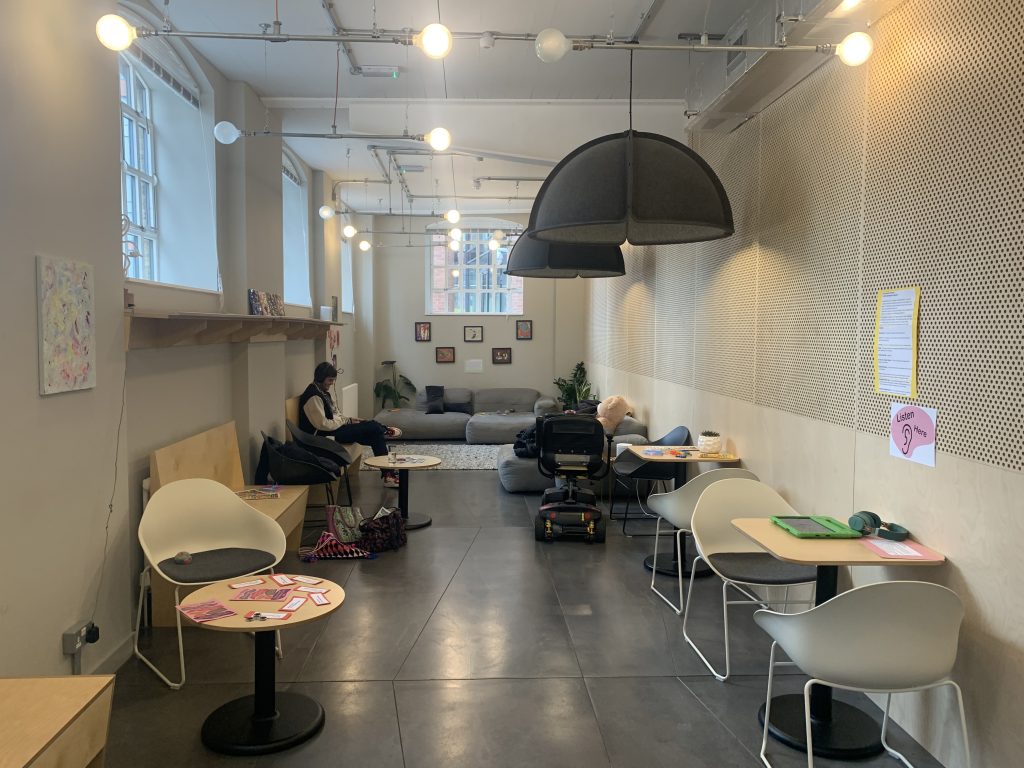
On the How to be a ‘Sick’ Dancer panel, singer/songwriter Elle Chante, 25, who lives with disability and cancer, said: “It’s really life-shattering how many spaces aren’t accessible.”
In an effort to overturn this, Sensoria collaborates with individuals who are disabled, chronically ill, and neurodiverse to educate, express, and share experiences through music and dance.
Dancer and theatre-maker Si Rawlison, 37, has an autoimmune condition that means he is allergic to most food and requires regular treatment.
Speaking on the same panel, he said: “The conversation needs to reflect the people in the room.”
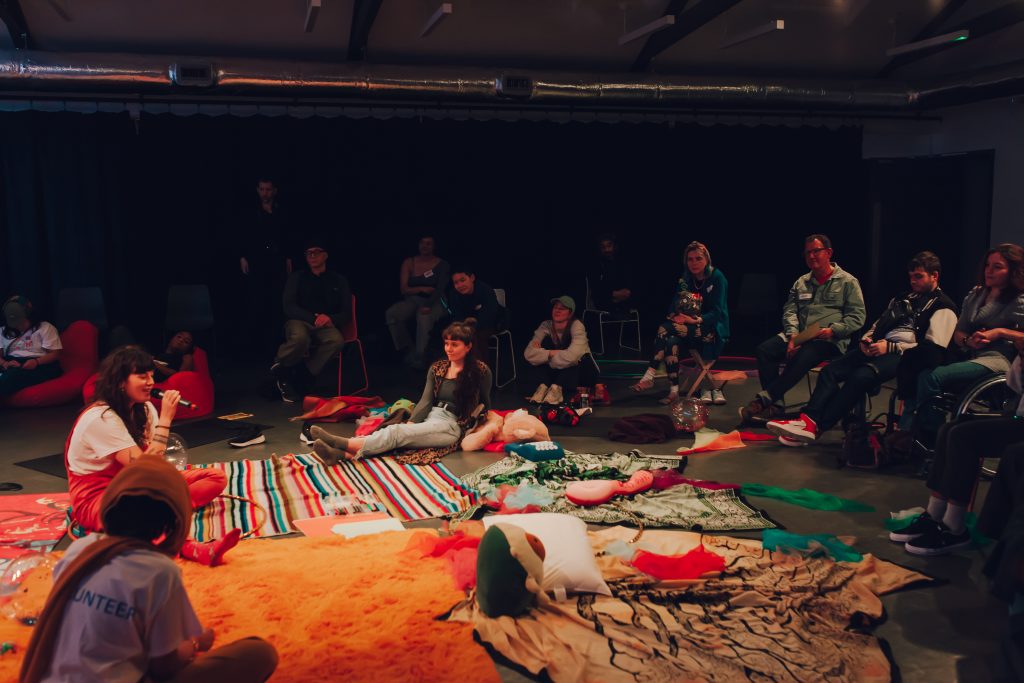
At the heart of Sensoria lies a profound commitment to collective care, a principle that advocates for mutual support within communities as a means to challenge systemic oppression.
Founder and creative director, Saskia Horton, 27, who lives with myalgic encephalomyelitis, more commonly known as chronic fatigue syndrome (ME/CFS), said: “At Sensoria, access to art is a human right.
“That is what we believe.”
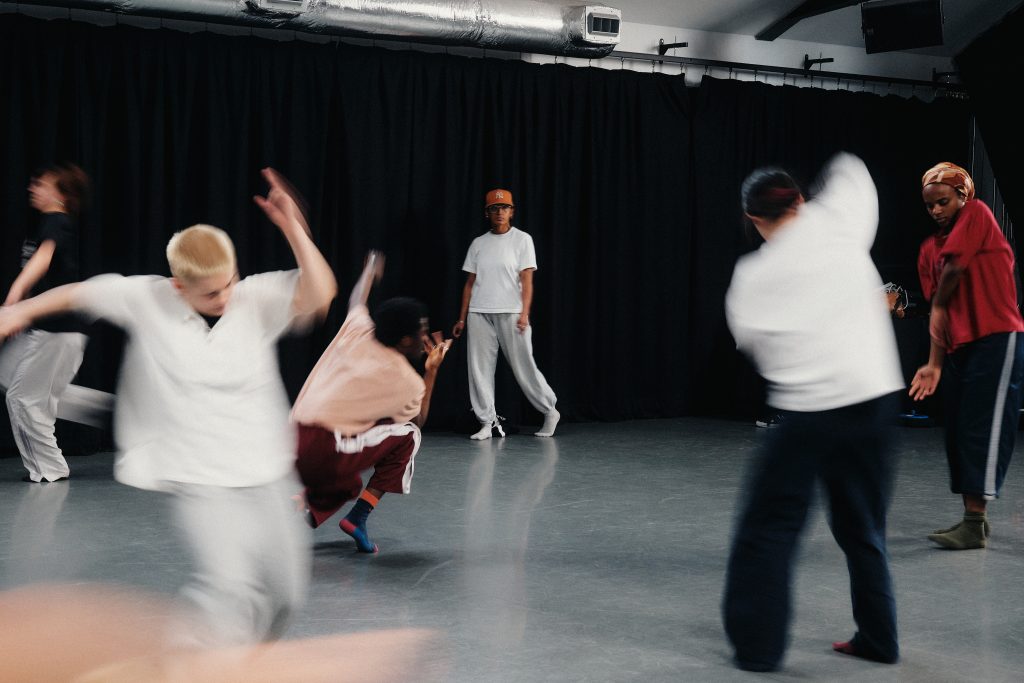
Musician Robyn Steward, 37, whose artist name is Robyn Rocket, said: “I think that a lot of people with learning disabilities, and autistic people, experience a lot of stigma and bullying from other people.
“And that some of that just comes from people just not understanding.
“If you give people the opportunity to just hang out rather than it be an education experience, that makes it relatable, because people realise that people are human and that that is a thing that unites us.”
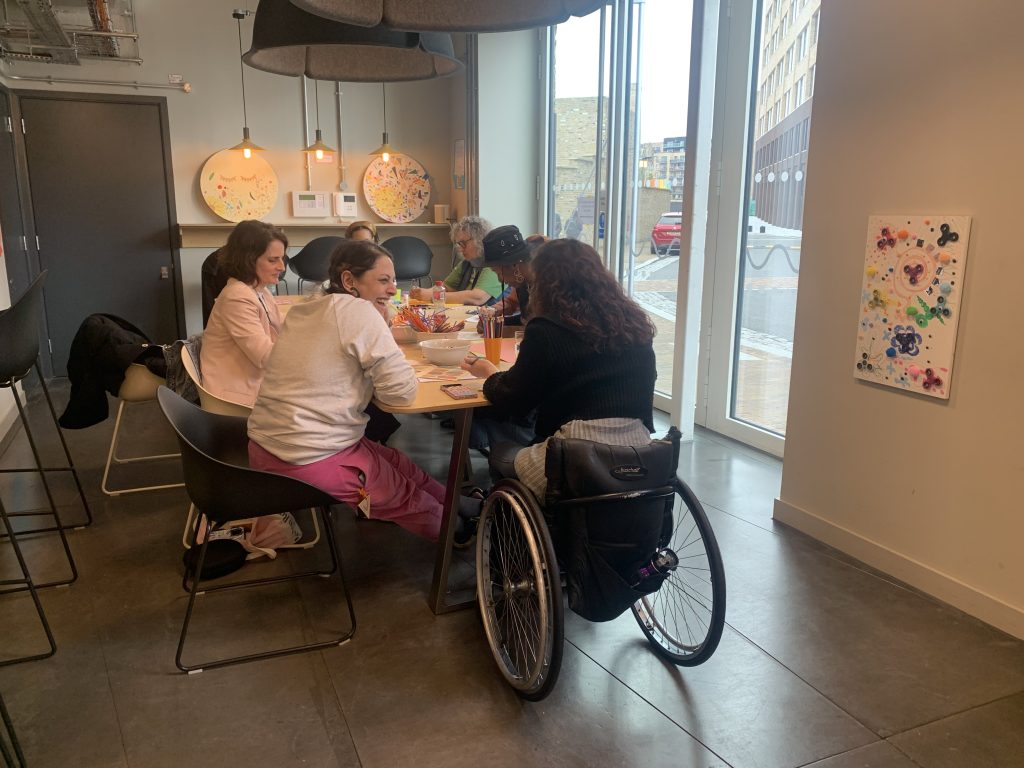
Sensoria’s approach is not just about fostering a supportive environment; it is a radical, anti-capitalist, and pro-disabled stance that aims to dismantle the structures that perpetuate inequality.
Through collaborations with multidisciplinary, queercrip, and global majority organisations, Sensoria aims to elevate the voices and stories of marginalised individuals, ensuring they are not only heard but also central to the creative process.
Steward added: “I think there’s a lot of ableism.
“I think that people see disabled people as being less than, not able to contribute.
“But I think disabled people should contribute in a different way.”
Echoing this, attendee Aaron Jackson, 23, whose DJ name is Trancey Parker, said: “Autism makes superpowers in my brain.
“And autism is a knowledge.”
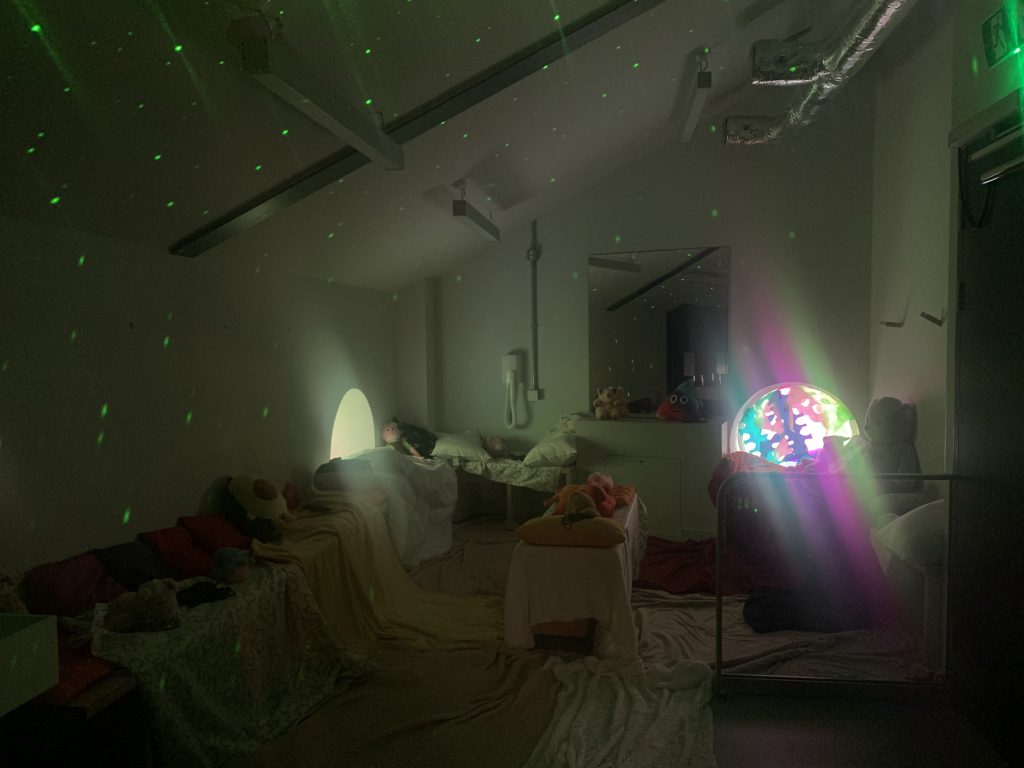
In light of this, Sensoria is redefining what it means to engage with the arts by prioritising concepts such as slowness, sustainability, and de-growth.
Steward concluded: “By creating spaces that are welcoming for disabled people, and non-disabled people, you’re opening up opportunities for more people to come together, both in arts, but also just in the world generally.
“Everyone’s got people that they love and people they care about, things that are important to them.
“There’s a lot of things that are very common amongst all humans, and that is something that can unite us all together.”
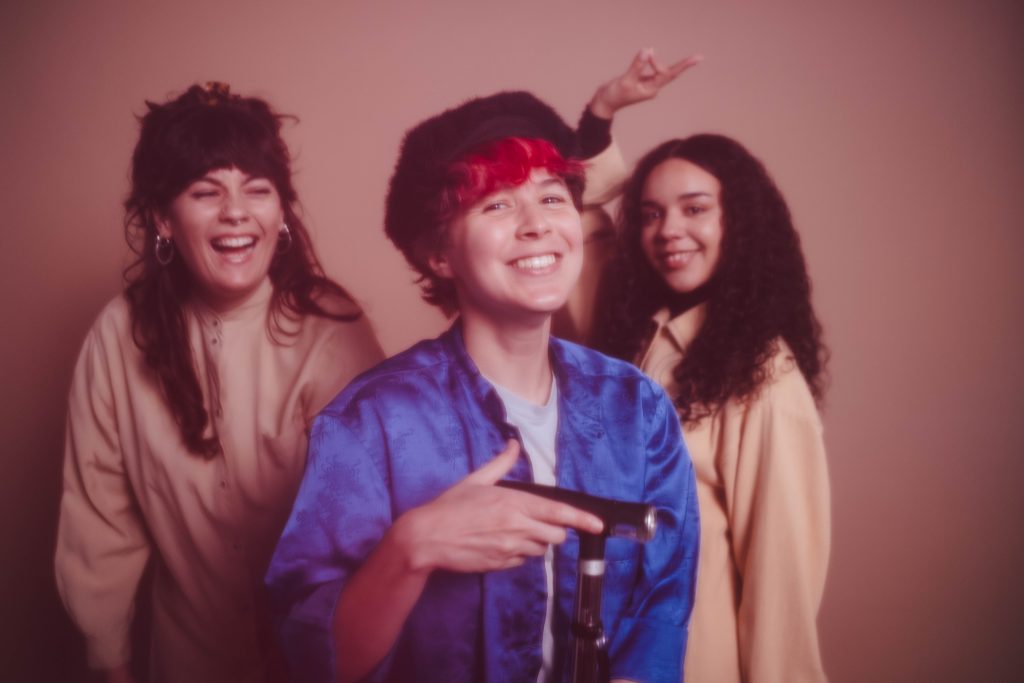
To find out more about Sensoria and their events, you can check out their website or head to their Instagram page.
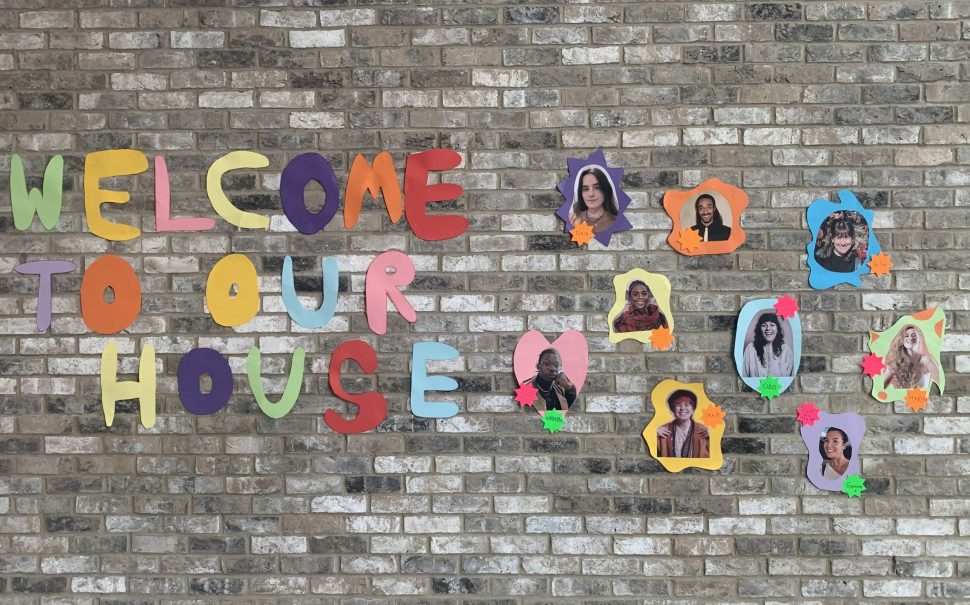

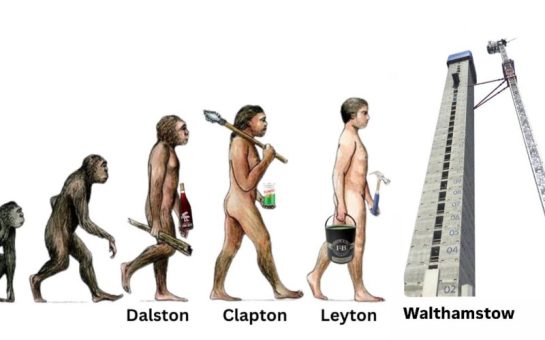
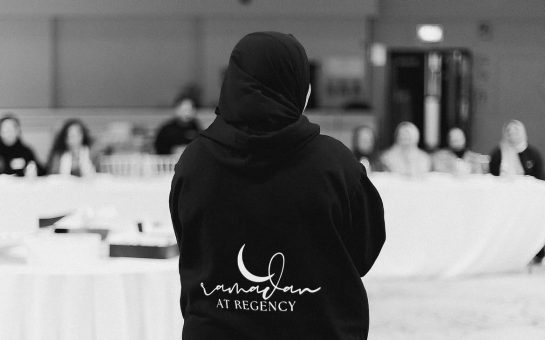
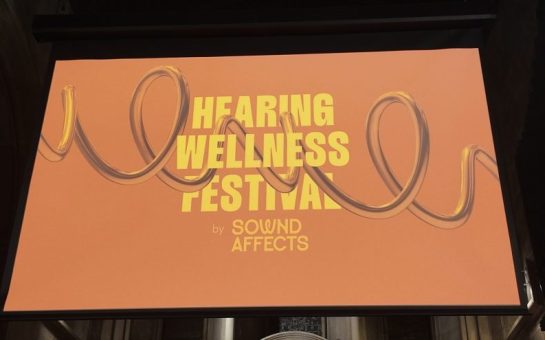
Join the discussion